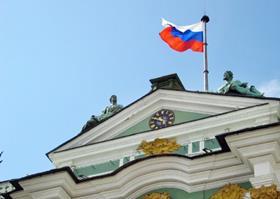
Russia has confirmed that it will cancel all temporary import requirements for EU fresh vegetables from tomorrow (9 August) following epidemiological evidence from the European authorities that the E-coli infection was over.
The decision also comes in the wake of a request from the European Commission to Russia to lift the temporary certification system put in place by the country, under which European exporters were required to provide documented proof that their goods were free of E.coli infection.
The decision follows a political agreement reached between European Commission president José Manuel Barroso and Russian president Dmitry Medvedev on 10 June to replace an initial ban on imports with the certification system and a further visit by EU officials to Russia on 22 June.
According to the European authorities, the last human case of the E.coli strain responsible for the German outbreak was reported on 27 July.
In a statement, EU health and consumer policy commissioner John Dalli said: 'Whereas the Commission remains vigilant and committed to learn the lessons of the crises that has caused so much suffering, it is of course welcome that this development represents the successful outcome of intense efforts to sort out this trade issue that emerged as a result the E. coli outbreak.'
Disproportionate ban
After the outbreak in Germany, the Russian Federation introduced, on 2 June, an EU-wide ban on the imports of all vegetables, which the Commission described as “disproportionate to the potential risk and scientifically unjustified”.
The source of the outbreak, which affected 3,910 people in the EU and Norway and killed 46, was later identified as infected Egyptian fenugreek seeds.
Imports of several types of Egyptian seeds and beans for sprouting to the European Union will remain suspended until 31 October this year.



